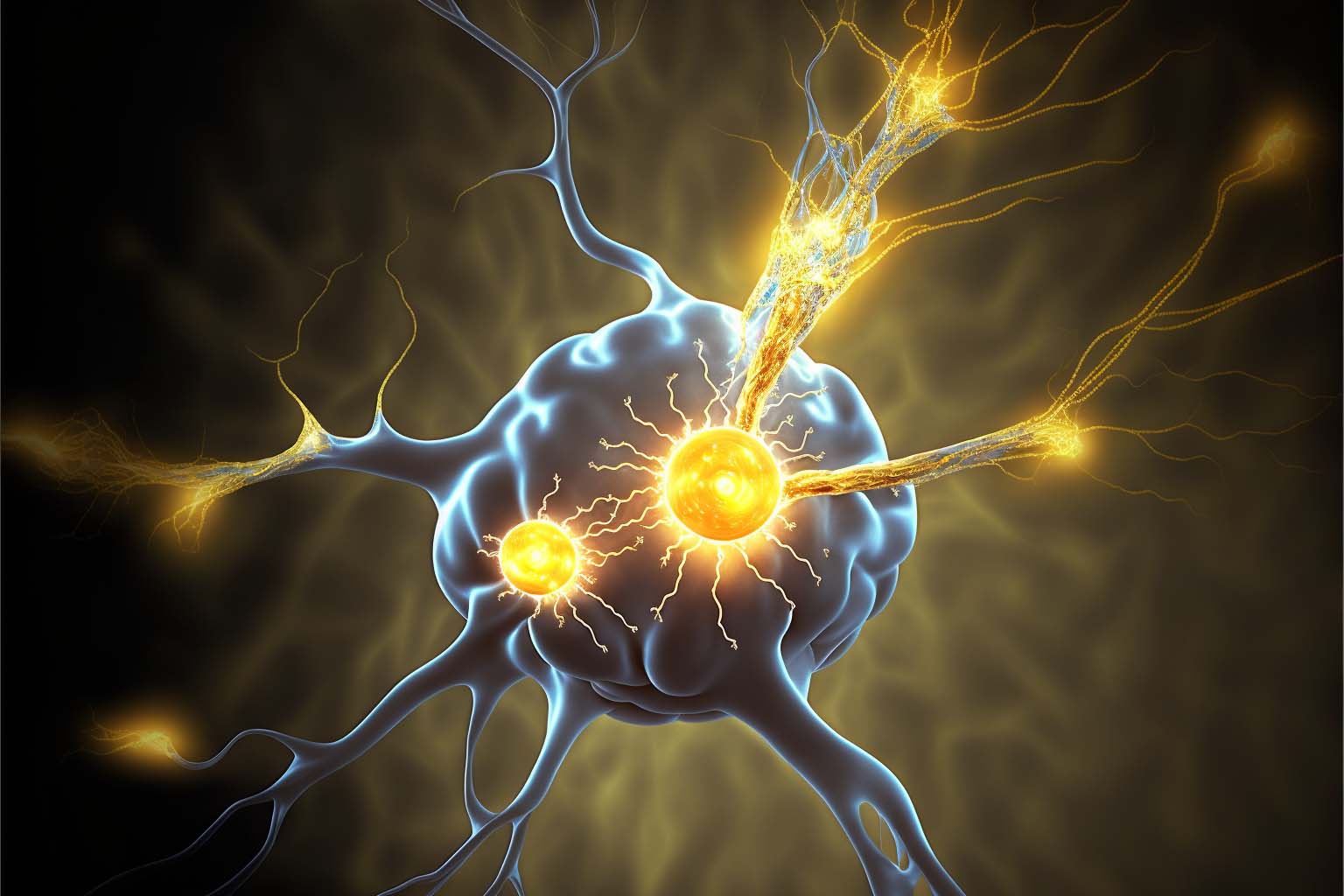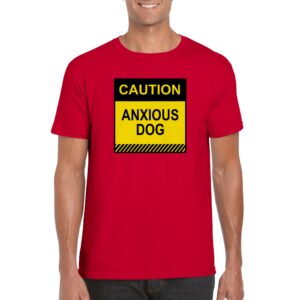Your cart is currently empty!
Neurotranmitters implicated in dog aggression

Neurotransmitters are chemicals in the brain that are used to communicate information in our brain and body. Some are implicated in many behavior problems including dog aggression. Neurochemicals work by stimulating or inhibit the activity of cells in the brain (called neurons). It is thought that a depletion or an excessive amount of neurotransmitters can contribute to abnormal behavior. However recent research suggests that it may be that a change in neurotransmitter levels may be a symptom rather than a cause. Either way the implicated transmitters linked with aggression can in turn can affect other neurotransmitters.
Depletion or excessive release of neurotransmitters can occur for many reasons. A dog might have been born with an abnormal brain function, or born with a predisposition to develop it. Aggression often develops when dogs are socially maturing so there may also be hormonal influences. There may have been experiences in the environment to cause it.
One leading cause of abnormal amounts of neurotransmitters can likely be attributed to acute or chronic stress. Dogs who may have abnormal amounts of neurotransmitters may find themselves unable to learn or make proper judgements about what is truly a threat and experience more anxiety than normal.Unfortunately when a dog is not reacting normally to things in his life, fearing things that are of no threat or experiencing ongoing anxiety, this can cause more stress, and in turn more stress may cause more changes to neurotransmitter levels. Diet and health may also be a factor.
Here are some major neurotransmitters that are implicated in behavior problems.
Serotonin
Serotonin is associated with many functions. It is associated with sleep-wake cycles, appetite, mood, and impulse control. A depletion of serotonin has been linked with aggression across many species. However increasing serotonin will not make a change in aggressive behavior if there is not already a depletion. If fact, too much serotonin can also cause problems.
Dopamine
Dopamine is most commonly associated with pleasure. But it is also related to attention as well. Low amounts are associated behavioural quieting, depression, and the inability to initiate movement, or the inability to remain motionless. Excessive release is associated with repetitive behaviours that don’t seem to have a purpose.
Norepinephrine
Generally stimulating, affecting learning, memory, and mood. Excessive acidity associated with mania, depletion associated with depression in people.
- Acetylcholine
- Glutamate
- Gamma-amino-butyric acid (GABA)
Read more on chemical imbalances in dogs.
ADVERTISEMENT

Keep people away with our Stand back shirts

Anxious Dog Shirts only available in our shop

